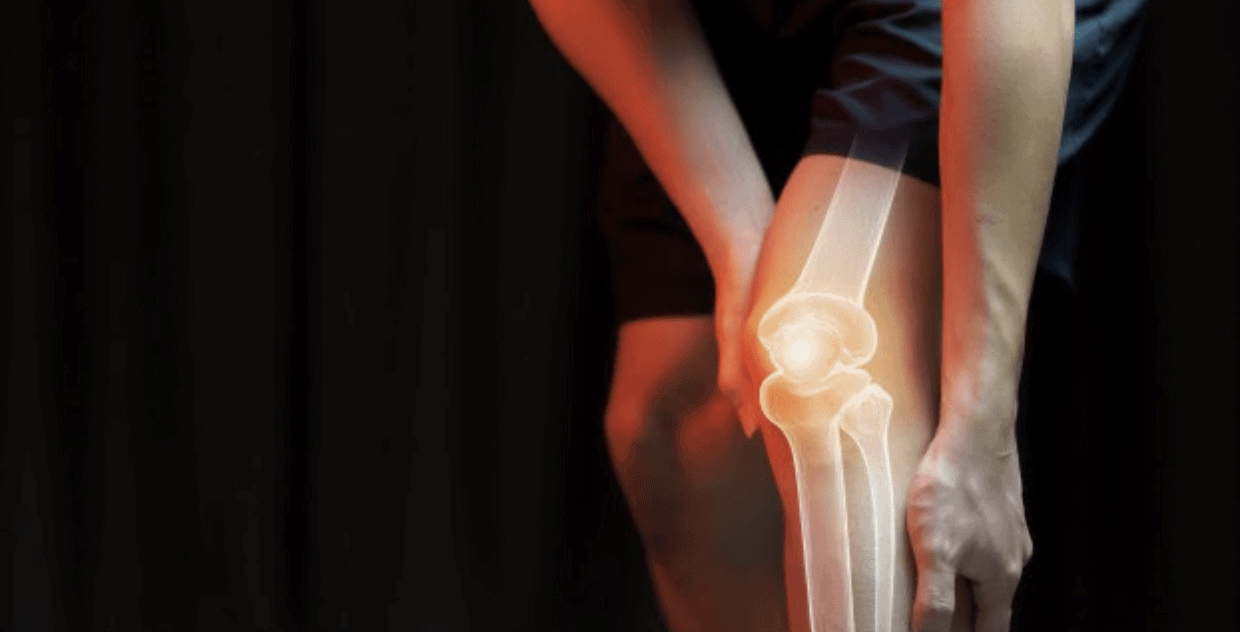In simple words, Post Acute Withdrawal Syndrome or PAWS is the lingering effects or the aftereffects from alcohol withdrawal or drug withdrawal. Most people experience a relatively short phase of physical discomfort, which is known as acute withdrawal.
For example, people with alcohol use disorders tend to drink heavily or drink alcohol often over a long period of time. After this type of alcohol abuse occurs and the user suddenly stops drinking, they will begin to feel the symptoms of alcohol withdrawal.
Alcohol withdrawal is extremely dangerous and will most definitely require a medical detox to keep you safe and mitigate the discomfort of the withdrawal process.
Drug abuse of specific addictive substances, like alcohol or opiates, will cause users to become physically dependant on the drug. This isn’t the case with all drugs, but depending on which type of drug is being used, your body and brain will rely on the presence of the substance to perform its natural functions. When the substance is not present in their system, they will start to experience symptoms of PAWS.
Symptoms of PAWS
Acute withdrawal of Post Acute Withdrawal Syndrome can produce more dangerous health consequences, which can even be life-threatening in some situations if detox isn’t done in a supervised setting. But there is more to quitting drugs and alcohol than mere physical signs of pain.

Symptoms of PAWS include:
- Muscle Ache
- Nausea
- Headache
- Increased Heart Rate.
Although acute withdrawal refers mainly to the body’s healing process, as the brain readjusts after active addiction, the second phase of withdrawal symptoms, known as post-acute withdrawal syndrome, or PAWS, occurs. These signs usually include more of the psychological and emotional aspects of withdrawal, unlike the first stage of acute withdrawal.
The Second Phase of PAWS
This second phase of Post Acute Withdrawal Syndrome can occur a few weeks into treatment or a few months down the road; it mainly depends on the extent and severity of alcohol or other drug addiction. The symptoms can become a primary driver in relapse, even though PAWS is a temporary condition. For most individuals who are entirely committed to remaining clean and sober, this would be accurate.
It is important to know that many of the unpleasant or painful stimuli and feelings you encounter in early recovery may be PAWS symptoms. To reduce the risk of relapse, it’s also important to note that the signs of PAWS are temporary.

Some of the most common symptoms are:
- Foggy memory trouble remembering.
- Urges and cravings
- Irritability or hostility
- Sleep disturbances, insomnia, or vivid dreams
- Fatigue
- Issues with fine motor coordination
- Stress sensitivity
- Anxiety or panic
- Depression
- Lack of initiative
- Impaired ability to focus
- Mood swings
Drugs That Can Cause Post-Acute Withdrawal Symptoms
Certain drugs are known to result in more severe post-acute withdrawal symptoms as mentioned below:
Marijuana
Several reports suggest that abrupt discontinuation of marijuana, also known as “cold turkey,” may lead to post-acute withdrawal syndrome after acute detox has been completed. Marijuana’s common PAWS include:
- Insomnia
- Anxiety
- Irritability
- Headaches
- other physical signs, such as pain in the stomach and appetite changes.
Methamphetamine
Common PAWS for methamphetamine include:
- Poor impulse control
- Disturbed sleep or insomnia
- Irritability
Opioids
Common PAWS from opioids include:
- Insomnia
- Depression
- Anxiety
- Intense cravings
- Muscle tension
- Poor impulse control
Cocaine
Cocaine is known for various PAWS that last for prolonged periods.
Many users report:
- Depression
- Fatigue
- Low motivation
- Poor impulse control
Treatment for PAWS:
If you wonder if people can receive care for Post Acute Withdrawal Syndrome, the answer is always yes; you can receive treatment for PAWS because it exists and works for everyone. Since some PAWS symptoms are psychological and emotional in most cases, continuous help is extremely valuable in minimizing the severity of this experience from licensed therapists or even licensed counselors. To support their clients, here are steps medical professionals should take:
- Educate clients about withdrawal and what to expect for their recovery.
- Celebrate every accomplishment in the process.
- Encourage patience.
- Procure natural ways to help with sleep problems.
- Prescribe exercise and a healthy diet.
- Assess potential co-occurring disorders, which may emerge or re-emerge.
- Encourage joining support groups.
- Help to manage their impulse control.
- Take the self-reported symptoms seriously.
Specific drugs can help with some medicines. In persons who are overcoming alcohol or opioid addiction, naltrexone, for example, is available to alleviate cravings. For many individuals overcoming struggles with stimulants or psychoactive drugs, antidepressants can help stabilize mood. By undergoing clinical detox, enrolling in a clinic, and receiving continued counseling and care long for initial substance abuse treatment has finished, you can minimize the likelihood of experiencing PAWS.

Treatment of Co-Occurring Disorders
If symptoms are severe, people in addiction recovery who have co-occurring conditions, such as depression and addiction, must monitor their mental health and ask their provider for assistance. Adjusting the dosage of antidepressants or adjusting their drug combinations may improve Post Acute Withdrawal Syndrome symptoms in certain instances.
Access to a support network, including a 12-step mentor, recovery specialist, or someone who recognizes the addiction and can help decide whether issues are related to PAWS or anything else, is often crucial.
The medication-assisted detox services at Pacific Sands Recovery Center can help reduce the discomfort of acute and post-acute withdrawal symptoms and reduce the risk of relapse during this critical recovery period. With the help of medical detox and long-term therapy interventions and support in recovery, clients will have access to the resources they need to manage their symptoms effectively.
